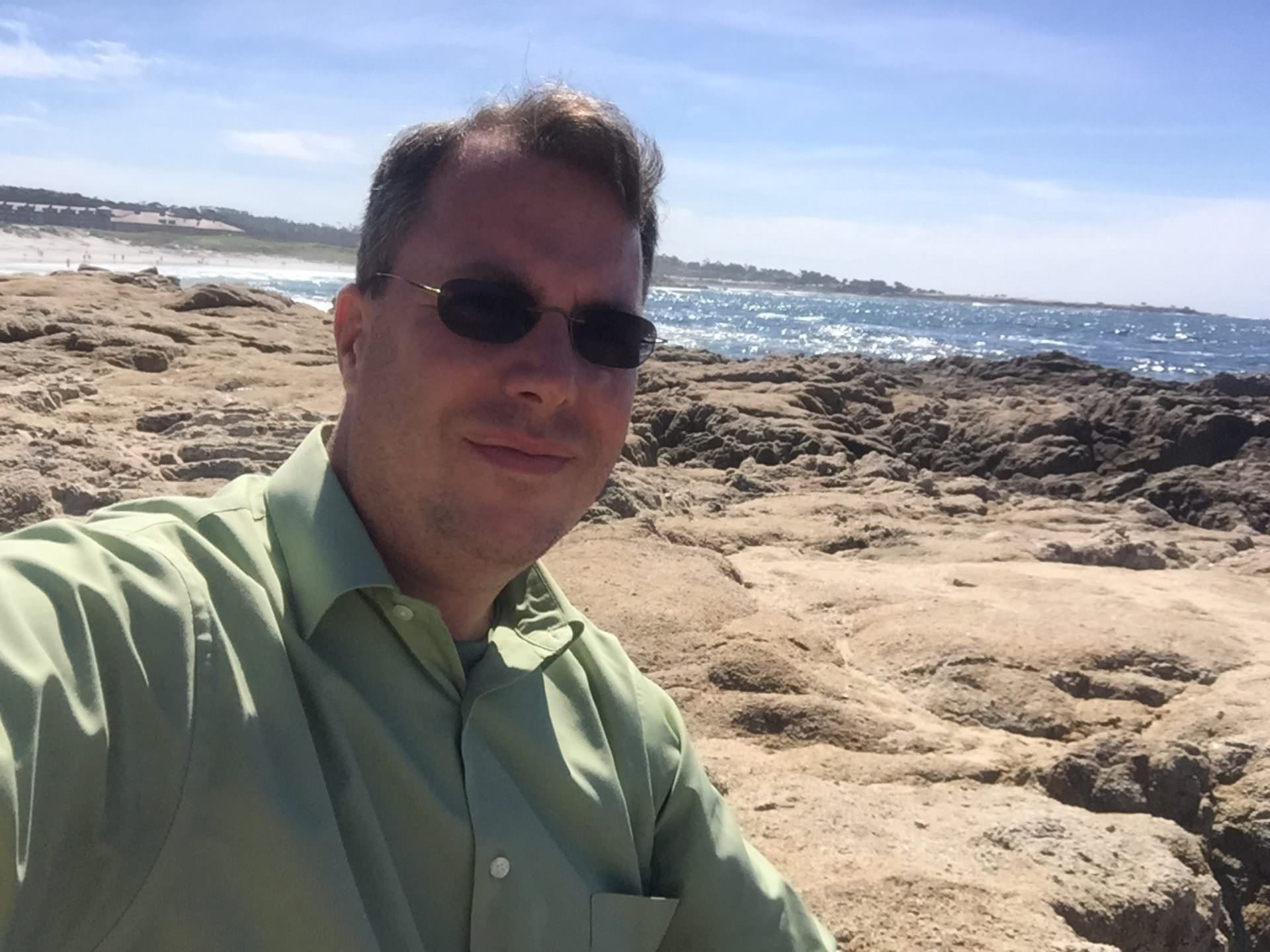Inside Inscripta: Patrick Westfall, Microbe
As we continue profiling members of the Inscripta team, we’re delighted to chat with Patrick Westfall, Senior Director, Microbe. The Illinois native earned his PhD in botany at the University of Georgia.
What’s your role at Inscripta?
My day-to-day role involves working with and supporting the cell biology scientists and guiding them in their technical and career paths. I help oversee experimental designs and communicate experimental outcomes to other teams and the leadership group. I have found in my career that good judgment comes from experience, and experience comes from bad judgment. If I can help my team make good decisions and avoid some of the mistakes that I’ve made in the past about data analysis or interpretation, that’s a win.
What brought you to the company?
I was excited to build tools and thought that Incripta was unique in that it was building a platform that incorporated the entire design-generate-test-learn approach into a single, customer facing product. I also really like the startup culture — when companies are young and hungry, they’ve got a vibrant feel. What fascinated me about Inscripta is that we are making the tools that will allow other people to make new products. Inscripta will drive the bioeconomy in the same way that the general store owners who sold tools in the old west drove the silver and gold rushes in Colorado and California.
How did you get into the genome editing field?
When I was a postdoc at UC Berkeley, one of my colleagues joined Sangamo Biosciences and told me about the zinc finger nuclease technology. That was the first time I’d ever heard about gene editing. Later at Dow AgroSciences (now Corteva) I worked with zinc finger nucleases for editing crops like corn, soybean, and canola.
If you could use genome engineering to address any challenge, what would you choose?
Orphan diseases. For the very first project I ever worked on, we developed an antimalarial drug called artemisinin with funding from the Bill and Melinda Gates Foundation. There are all kinds of fascinating natural plant products we can make from microbes through genome editing that aren’t accessible by traditional plant breeding. These natural products have the potential to treat all kinds of human health issues.
How does automation make a difference in science?
Automation is not about doing it better but about doing it more efficiently. Many of the traditional biology tasks are largely automatable, such as moving liquids from tube to tube. With automation, our job becomes less about the physical aspects and more about the mental aspects of looking at the larger data set. It allows us to test more and do more.
Are you a reader or a writer?
I enjoy reading, but I get more out of writing. The physical act of writing is often time-consuming but the ability to use it to clarify my thoughts is important for me to be a more effective communicator and leader.
What did you do as a kid that you wish you could do more as an adult?
When I was a kid, my grandparents had a home on a lake in Kentucky. I used to get up early in the morning and wander through the woods watching deer, turkeys, and foxes. There was something cathartic about being out in the woods, alone with your thoughts. I wish I could do that more.
What’s your favorite vacation?
Every April I travel back to Kentucky and my dad and I go camping in an undeveloped wildlife area called The Land Between the Lakes. We spend the whole week fishing, but it never really matters if we catch anything. My cell phone doesn’t work there so I’m able to completely disconnect and relax.

